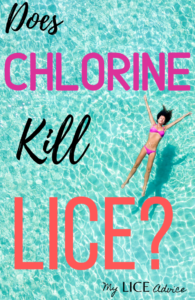Lice and Pools: Does Chlorine Kill Lice?
Can swimming in a chlorinated pool kill lice?
Question:
We've been struggling with lice and I'm wondering... can lice survive chlorine in a pool? Also, is it possible to get lice from a pool or spread lice in the pool?
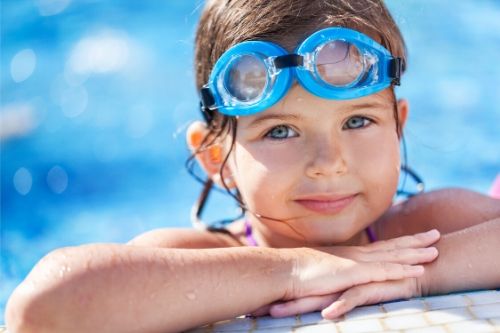
Answer from a Lice Expert:
If it feels like lice is more prevalent than it was in the past that's because it is. Why? Because lice have become immune to over-the-counter treatments and home remedies that worked in the past.
Whether you're wondering if your child can get lice from the pool or if swimming in a chlorinated pool can kill lice, I'll answer all of the "pool and lice" questions in this article.
Let me introduce myself...
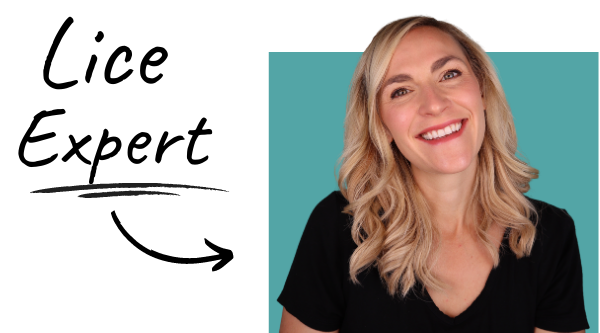
Hi there! I'm a lice expert, lice coach, Registered Nurse, and the creator of My Lice Advice. I help people with lice every day in my lice treatment center, in school districts, and in government work. But the thing I love the most is empowering parents to get rid of head lice in ONE DAY at home!
You can eliminate lice in one day using the same proven professional technique I use in my lice center on your child. Follow along with the Step-by-Step Video System, and when you're done with the videos you're done with lice. PERMANENTLY!
Head Lice and Pools
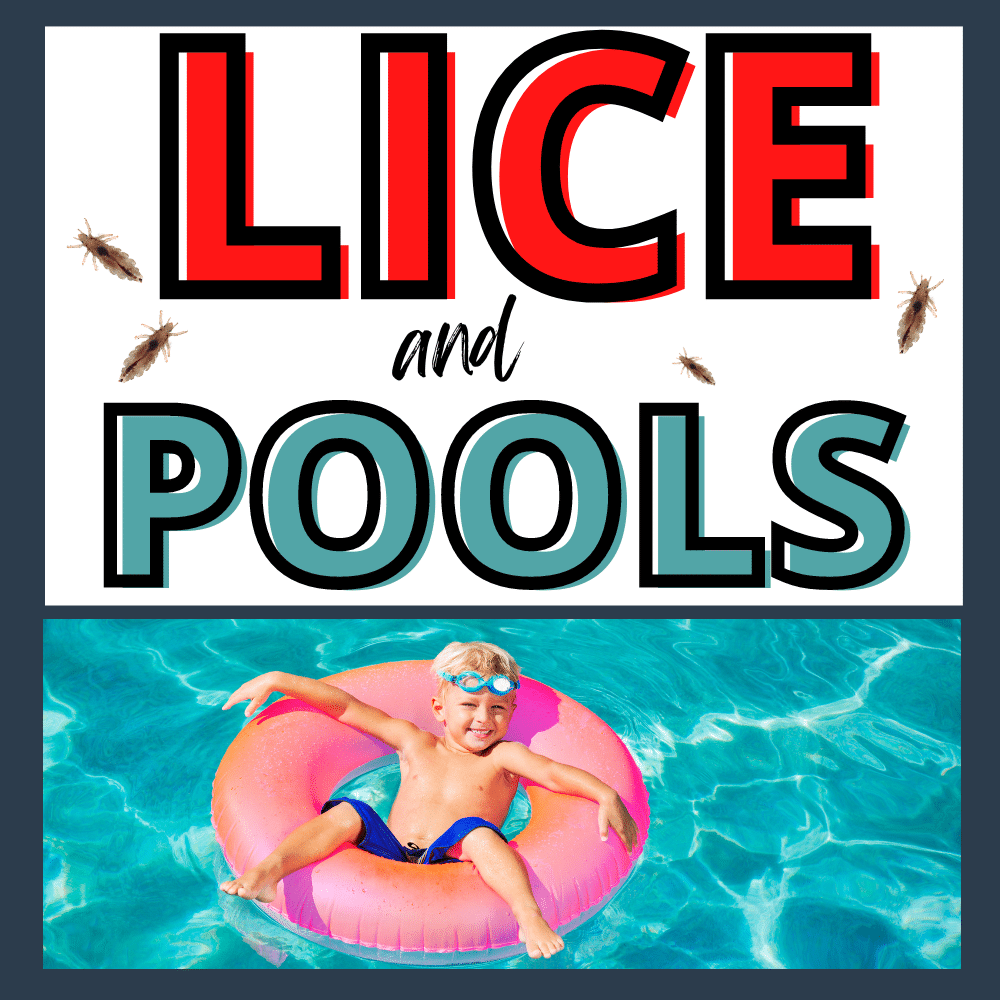
Why Is It So Hard to Get Rid of Lice?
Now that you know what you're looking for I want to talk briefly about your biggest worry (that your child actually has lice) and the question I get asked by parents around the world that have been battling lice….
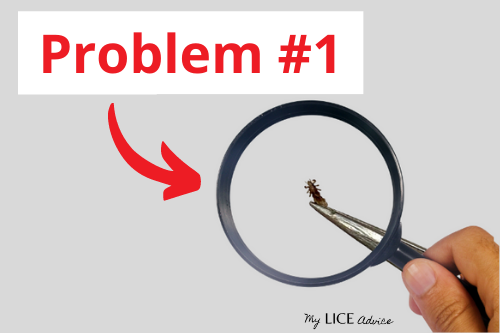
Parents around the world are all asking me the same question…. "Why is it so much harder to get rid of lice now?"
Lice have become immune to everything that used to work in the past. Perhaps you remember your mom using a typical lice treatment or mayonnaise and that doing the trick. The new strain of head lice is no longer killed by those treatments, that’s why lice today are termed by people, “super lice,” because they are immune to those treatments.
I’ve cured thousands of people of lice in my lice center and let me tell you, I don't do it with over-the-counter lice treatments.
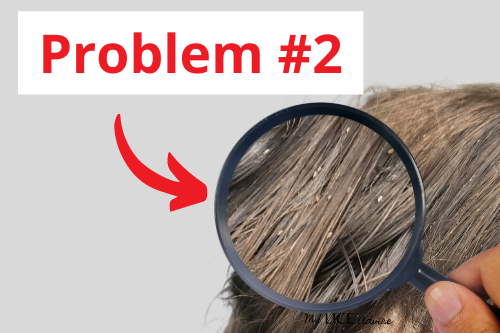
Most people struggle with lice because they focus all of their attention on killing lice bugs and not enough attention on GETTING RID OF LICE!
If you want to get rid of lice you have to address all 3 of the problems of lice:
- Lice Bugs
- Lice Eggs
- Getting Lice Back
The best way to get rid of lice is to tackle all 3 of these problems at the same time, which is what I teach in my step-by-step video system.
So, if you discover your child HAS lice, don't panic. Just head over to the video system. Follow along with the videos and you'll be done with lice by the end of the day.
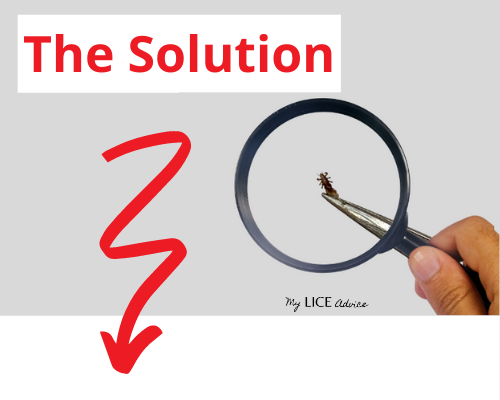
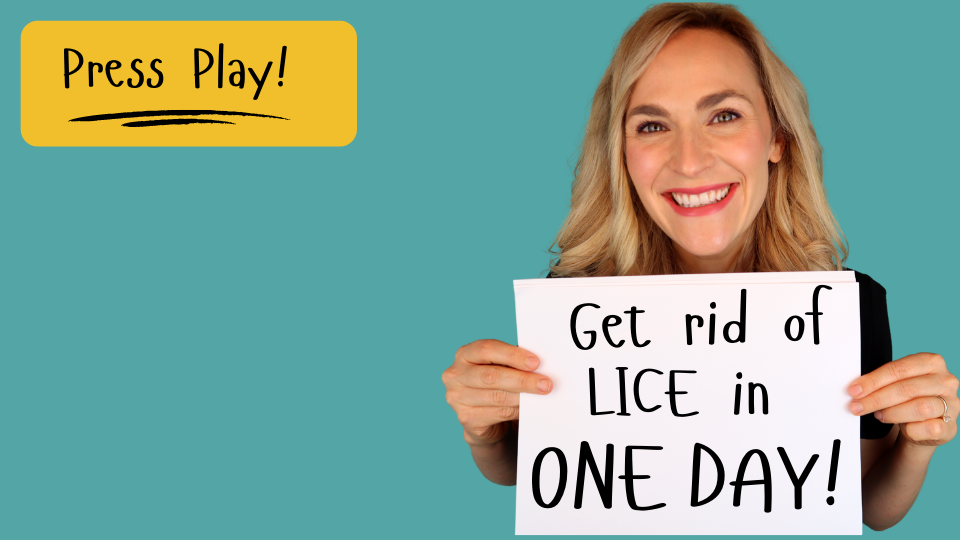
Why Lice Kits Don't Work
Head lice today have grown immune to all of the old treatments that worked in the past. So millions of parents around the world are looking for the best ways to treat and prevent lice.
If your child has lice and you’ve struggled with it for a while, you should know that it is not your fault. The current strain of head lice is immune to pesticides found in over-the-counter treatments and most prescriptions.
A pesticide treatment won’t kill lice, no matter how long you leave it on.
Studies show that about 98% of lice today have the super lice mutation.
Does Chlorine Kill Lice?
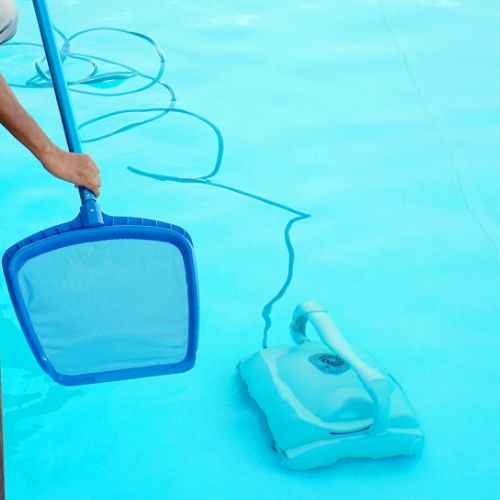
Unfortunately, no amount of chlorine or swimming is going to kill head lice. Lice are immune to chlorine, just like they are immune to thousands of other things, including Lysol, hydrogen peroxide, and most household cleaners.
It doesn’t matter how much chlorine is in the pool; you’re not going to kill head lice.
In one study, researchers completely submerged several lice in chlorinated water.
The chlorine didn’t kill a single lice bug.
How Does Chlorine Affect Lice?
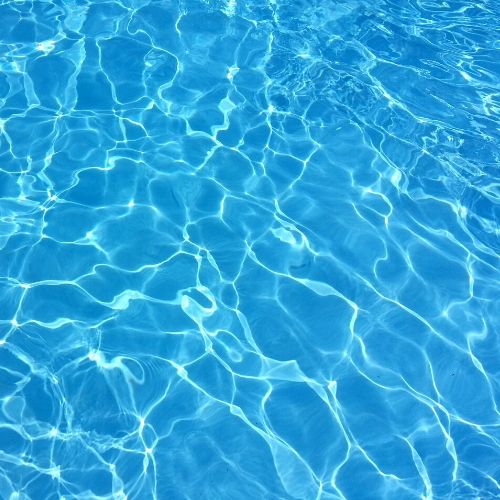
When you submerge lice in chlorinated water, this is what you’ll usually see…
As soon as lice come into contact with the water, they’ll close up their breathing holes so they won’t drown, and within a minute, lice go entirely immobile.
After about 10 minutes of being immersed in water, lice will go into a “hibernation- state” and appear dead, but don’t be fooled!
This “hibernation- state” protects lice, making it so that they can conserve energy, and no water will penetrate their breathing holes. This ability is a common phenomenon, often termed as “playing dead” by researchers.
Within minutes of being removed from the pool, lice will “resurrect” back to life.
These lice will be back at full strength and capable of breeding just as they did before being immersed in pool water.
Can Lice Drown In A Pool?
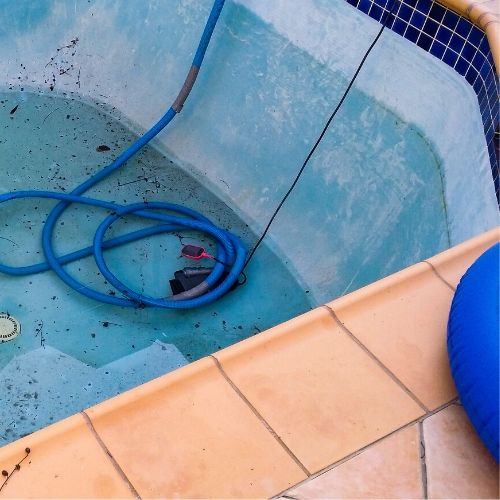
Yes, but it’s going to take a very long time. Some sites say that lice can not survive more than 4 hours immersed in water, that is NOT TRUE.
Scientists tested the “Drowning” lice theory in two separate studies. In one study, five hundred head lice were removed from individuals and treated differently. They immersed some lice in water, others in other liquids, and did not immerse the control group in anything. Of the lice immersed in water here are the results:
6 hours in water = 100% of lice survived
24 hours in water = 50% of lice survived
The lice were initially in “hibernation mode” when removed from the water after 24 hours, but 50% of lice were alive after being removed from the water.
Even more alarming is that when they submerged lice in water for 24 hours, the lice survived longer than the lice they didn’t submerge at all.
Chlorine & The Never-Ending Cycle
Most people that use lice kits and home remedies (like chlorine) get caught in the horrible "Never-Ending Cycle of Lice"

First- You Have Lice
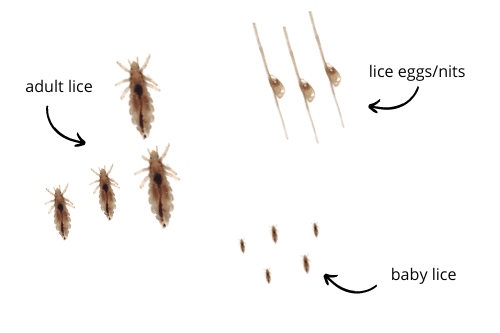
When you first discover lice you have adult lice bugs, baby lice bugs, and lice eggs (also known as nits)
You Think You've Gotten Rid of It.
But...
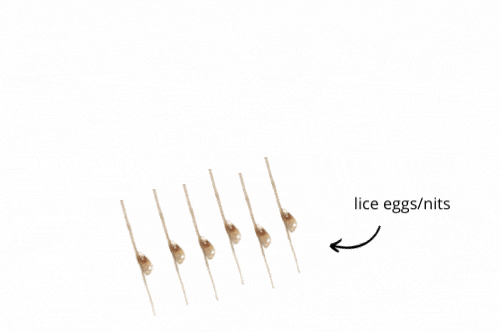
After using an over-the-counter treatment or a home remedy, people think they've taken care of the problem because they aren't finding lice bugs for a while.
But the bigger problem is the lice eggs that are left in the hair. Lice kits and home remedies don't kill eggs, and each of those little lice eggs has a bug inside just waiting to hatch and re-infest your child again.
Then- Those Eggs HATCH!
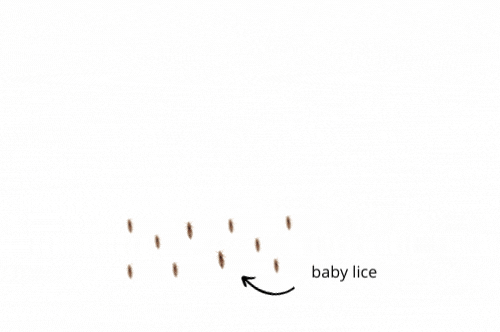
Just like lice eggs are tiny, when lice first hatch they are teeny-tiny. In fact, they are almost invisible to the naked eye! So, it typically takes a few weeks for them to grow big enough for you to see them.
And by the time you notice your head is infested all over again!
And Lice Is Back Again!
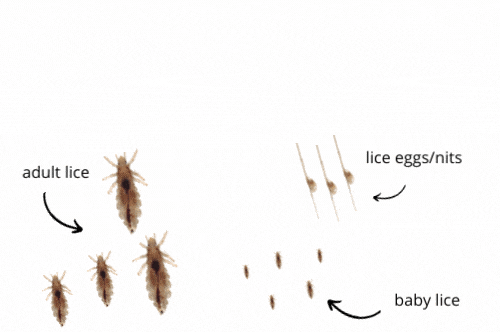
How to Avoid the Never-Ending Cycle
If you want to avoid this never-ending cycle and get rid of lice fast then check out my Step-by-Step Video System. Follow along with the videos and you can be completely done with lice in ONE DAY, no retreatments necessary.
Why Suffocation Methods Don’t Work
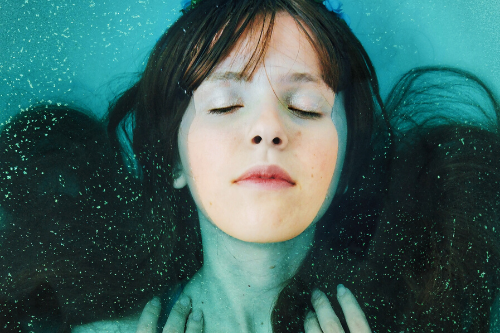
Many sites say that lice can hold their breath for no more than 4-8 hours, which is NOT TRUE! As the research above indicates, many lice can hold their breath for more than 24 hours! So, trying to “suffocate” lice with just any oil will not work.
Common “suffocation” methods that do not kill lice are olive oil and mayonnaise.
Some claim that if you leave olive oil or mayonnaise on the head for 8 hours, it will drown lice. That is not true.
If you use a “suffocation” method like this, you’ll see lice go into “hibernation-mode” like they do when you immerse them in water. And, about an hour after you rinse out these home remedies, the lice will resurrect back to life and be at full strength.
Can Lice Become Dislodged in a Pool?
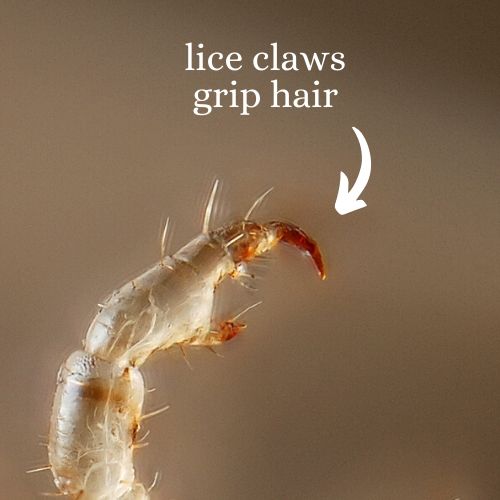
Lice can become dislodged in a pool, but it is extremely unlikely. It is even less likely for lice to come off in the pool than for them to come off when your hair is dry.
When lice submerge in water, they close their breathing holes and hold on tight. Lice have little crab-like claws on the end of each of their six legs. These claws enable them to grip on to the hair without the risk of falling off. Check out those claws!
Can You Get Lice From a Swimming Pool?
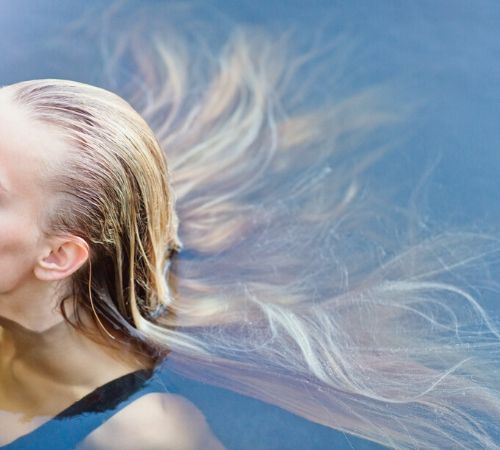
You can get lice from another person in a swimming pool, but it is less likely than getting lice outside of a swimming pool for the following reasons:
Lice go immobile in water
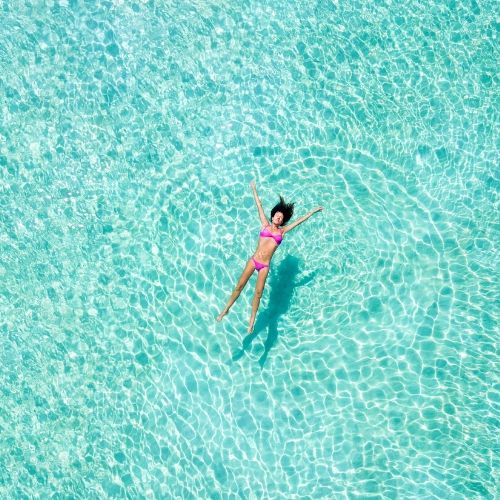
When you expose lice to water, they instinctively close their breathing holes and hold on for dear life. I’m sure this is a survival tactic from over the years, because if they didn’t grip on when the water hit them, then they’d quickly die in the shower. (But they don’t!!)
Additionally, prolonged time in the water makes them less likely to transfer because they go into “hibernation mode,” which means that their little crab-like claws are locked into place on hair and will not be coming off.
Do Chlorinated Pools Affect Lice Eggs?
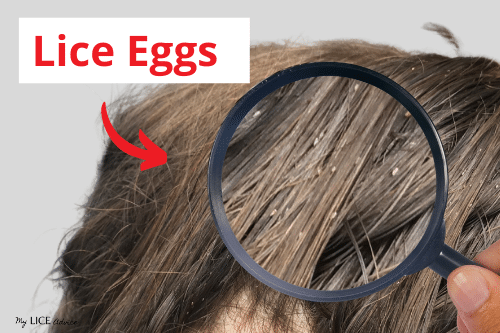
Lice eggs and nits are the same thing.
To start off let's get something straight... Nits and lice eggs are the same thing! Don't make this more complicated then it needs to be. The two words (nits and lice eggs) will be used interchangeably in this article.
Lice eggs have a thick waxy coating on them, making them pretty much impossible to kill.
Chlorine won’t kill them, and you absolutely can’t drown them!
In a study, lice eggs submerged in water still hatched 87% of the time.
Even dimethicone treatments are not effective at killing lice eggs.
The fastest, easiest, and most effective way to get rid of lice eggs is with my step-by-step videos.
Can Lice Swim?
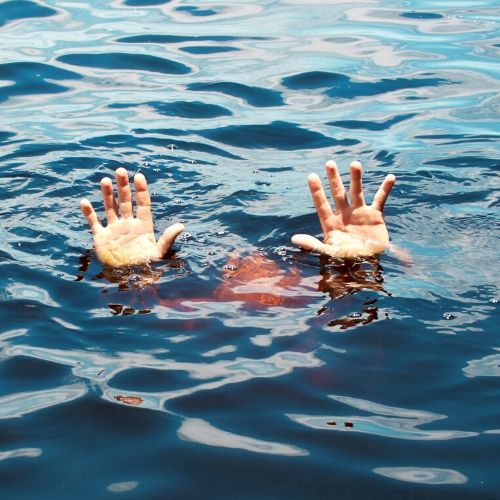
If by chance lice came off of someone in the pool lice can not swim over to another head, because lice cannot swim! Instead, head lice would begin to make their way to the bottom of the pool slowly. Since children’s hair isn’t usually brushing the bottom of the pool often and lice cannot swim, and lice will be immobile in hibernation mode, the risk of getting lice this way is slim to none.
Research shows lice don’t transfer in pools

Enough people were wondering if lice spread in swimming pools that it was the subject of research. In the study, multiple people with head lice swam in a chlorinated pool for 30 minutes.
No lice came off their heads or transferred to anyone else.
What Can I Do to Prevent Getting Lice in a Pool?
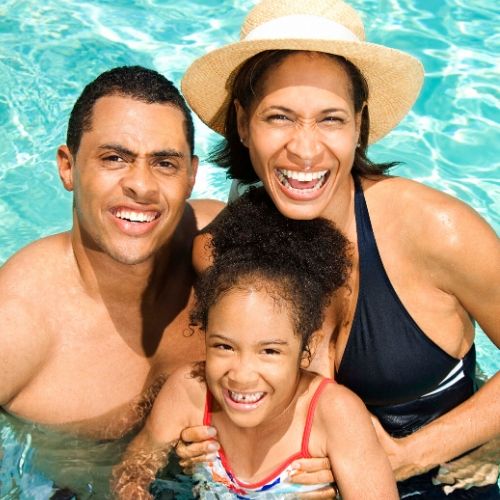
While it is unlikely that you will get head lice from a pool, it’s essential to understand that lice are most often passed directly from one person’s head to another. Some estimate that this “head to head” contact accounts for 90% of head lice cases. The other 10% of lice are transferred from one person to another from inanimate objects that come into frequent contact with hair such as hats, hairbrushes, and clothing.
If you are worried about your child getting head lice in a pool here are a couple of tips:
#1 - Avoid Head-to-Head Contact
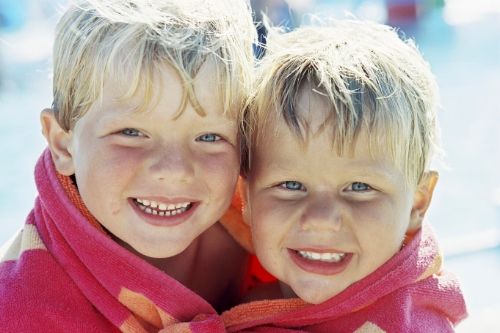
You’d be surprised how often children’s head’s touch. More common times for lice to spread are
- Hugging when greeting or leaving someone
- Snuggling on the couch watching a movie
- Resting your head on someone’s shoulder
- Whispering close to someone’s ear
- Sleeping on the same pillow or in the same bed at sleepovers
- Taking “selfies” and other pictures that require people to get close
While your children won’t be watching a movie together or sleeping on the same pillow in the pool, the same principles apply. If your child can keep her head to herself, that’s the best way to prevent lice.
#2 - Put Your Hair Up in a Tight Bun or Braid
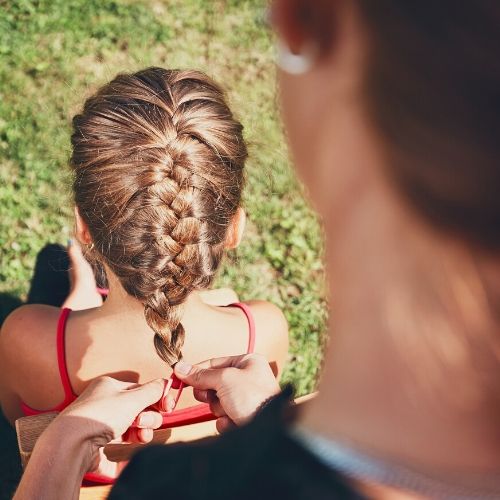
Lice are stealthy in hair, and they use their claws to climb from one hair to another. You can decrease your chances of getting lice by keeping your hair up in a tight bun or braid because the less your hair is available to grab onto, the less likely you are to get lice.
#3 - Wear a Swim Cap
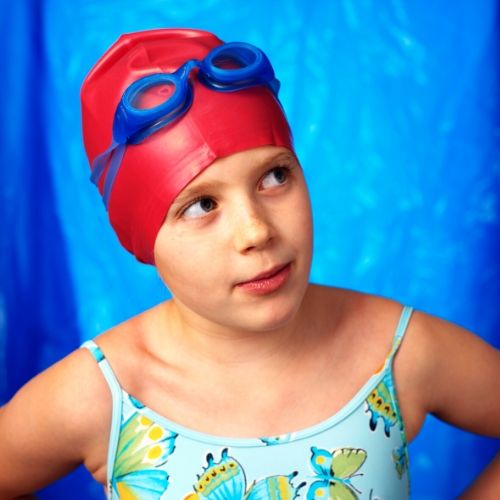
Head lice only live on human hair, so if your child’s hair is tucked tightly in a swim cap, then it doesn’t matter how much hugging and playing she’s doing in the pool she has no chance of getting lice.
This might be a good idea anyway to protect your child from the drying and damaging effects of chlorine.
#4 - Don’t Share Towels, Swimming Caps, or Hair Brushes
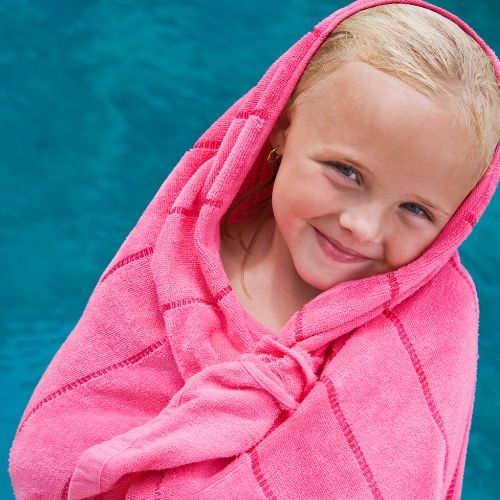
It is much more likely for your child to get head lice outside of the pool than it is for her to get lice in the pool. Lice can be passed by sharing items that come into frequent contact with hair.
Culprit items that you use on your hair after a day in the pool are towels, swimming caps, and hairbrushes. Be sure that your child has their own of each of these things and that she never shares them.
Does Salt Water or Sea Water Kill Lice?
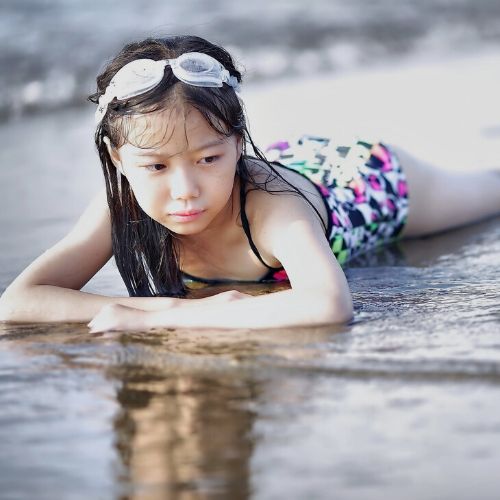
The same researchers testing chlorinated pool water on head lice also examined the effects of saltwater and seawater on lice and got similar results. Lice submerged in saltwater and seawater for an extended period survived.
Can My Child Go Swimming With Lice?
Your child should not go swimming or to school, or anywhere until you get the lice problem taken care of. Lice are very contagious. It’s not so much that your child will spread head lice in the pool, but that your child will spread head lice everywhere else they go. Before going to the pool, take care of the head lice problem.
If you want to get rid of lice in one day then follow along with my step-by-step videos.
What If Your Child Gets Lice After Swimming?
If your child’s head begins itching after swimming, it may be lice, or it may just be the result of chlorinated pool water irritating their skin. The best thing to do is to check your child for lice. Check out my tutorial How to Check Your Child for Lice to learn how.
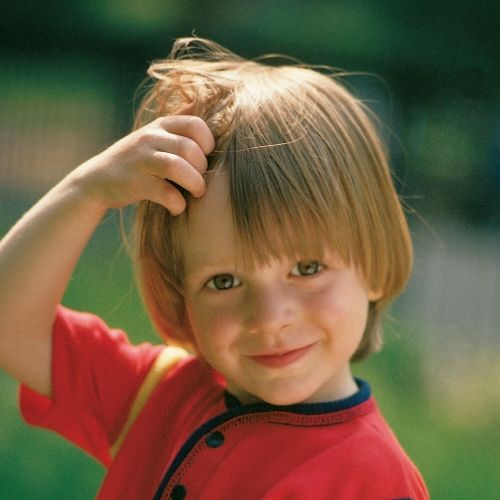
If your child’s head begins itching soon after swimming and you find that they have head lice, it’s still unlikely your child got lice from the pool.
Itching is one of the later signs of head lice. Most people do not begin itching until they have had head lice for a full month! This is because it is not the lice bugs themselves that make individuals itch; it is an allergic reaction to lice saliva. This allergic reaction to lice saliva usually takes about a month to develop. So, if your child’s head is itching and she has lice, it’s safe to assume that she’s had it for a while.
When choosing a lice treatment, DO NOT go to your local store and buy a popular big name treatment. They don’t work.
Summing It Up…
Chlorinated swimming pools do not kill lice. Swimming in seawater or saltwater does not kill lice either. Lice are also not likely to be spread in a pool, because they become immobile in hibernation-mode and they can not swim. Studies support that lice have not been able to transfer in swimming pools.
Lice are not likely to drown in water because when lice come into contact with water, they can hold their breath for a very long time. Even if you were to soak your head in water for 24 hours, over 50% of head lice would still survive! When immersed in water, lice go into hibernation mode, appearing dead, but resurrecting back to life within an hour at full strength.
If you want to get rid of lice quickly then follow along with my Step-by-Step Video System and get rid of it in ONE DAY.
All the best,


Theresa is a Registered Nurse and lice expert with years of experience curing children of lice. She owns a lice treatment center in the US which is where she perfected the Step-by-Step Video System proven to get rid of lice. She also works with government agencies and schools helping those with the worst head lice cases in America.
Her greatest passion is empowering parents by teaching parents online how to do a professional lice treatment on their child at home. She is the Lice Coach for the My Lice Advice Step-by-Step Video System.
